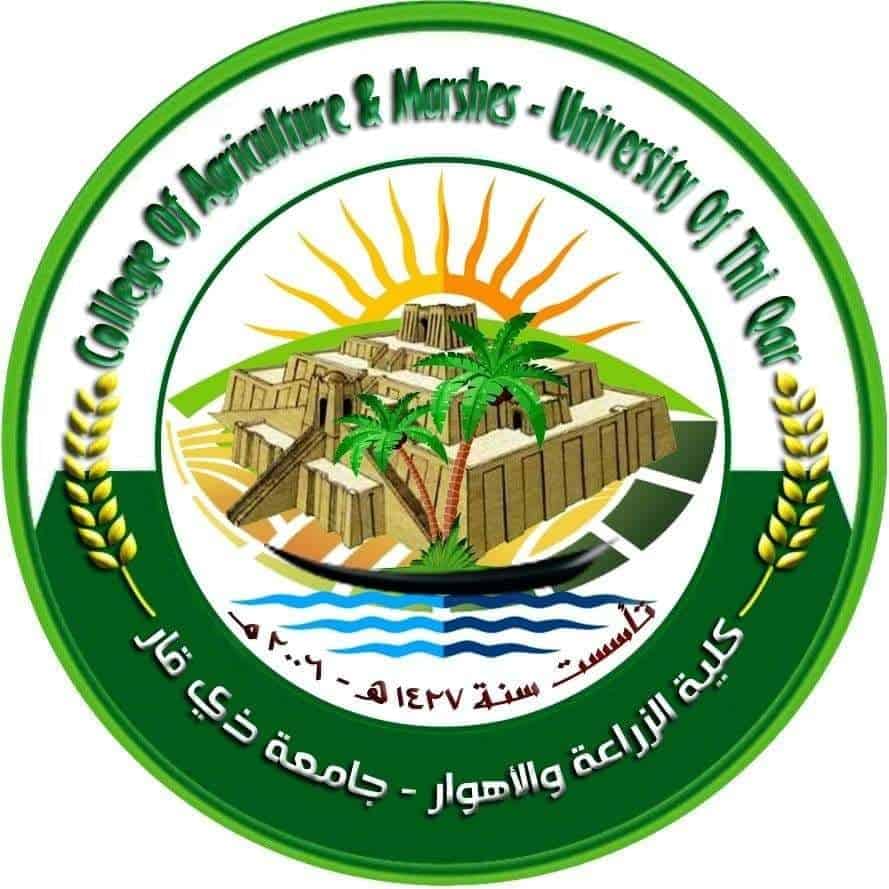College of Agriculture and Marshlands – University of Dhi Qar
Continuing Education
اContinuing Education
This is education that comes after formal education. It is based on self-initiative
and the ability to face challenges. It is based on the principle of lifelong
learning, where individuals learn a set of new skills and knowledge and develop
existing skills in a specific field.
Continuing education is a means of reaching full potential, achieving
self-realization, and maintaining an individual’s desire to acquire new knowledge
outside the formal education system, thus contributing to the success of
individuals’ professional lives.
Characteristics of Continuing Education
Continuing education is based on a number of characteristics that make it of utmost importance, distinguishing it and enhancing its status. These characteristics revolve around five pillars:
Comprehensiveness: This means that it encompasses all stages of life, from cradle to grave, and all forms of formal and informal learning.
Integration: This refers to the integration of all sources of knowledge, including home, community, school, training centers, and others
Flexibility: Keeping pace with the changing times and their demands in terms of what is taught, how it is taught, and why it is taught. It believes in the necessity of change for its very existence.
Democracy: Emphasizes the right of all people to learn, regardless of economic, social, cultural, and intellectual differences. Education is for all
Self-realization: This education seeks to enable the individual to realize and develop his or her own self, so that he or she can live a life in harmony with the demands of society and the times, adapt to the surrounding factors, and open the door to creativity. All of this ultimately reflects on an advanced and developed society, in accordance with the progress and development of its individuals
Continuing Education Unit at the College of Agriculture and Marshlands, Dhi Qar University
The Continuing Education Unit serves as a point of contact between the university and the community. The unit identifies community training needs and works to meet them through specialized training programs, as well as professional qualification programs to obtain international practical and professional certifications. In doing so, it helps the community benefit from the resources, capabilities, and expertise available at the university.
Since its establishment, the Continuing Education Unit at the College of Agriculture and Marshlands has contributed to providing educational and training services through carefully designed programs, workshops, and seminars in cooperation with the college’s deanship, its assistants, and its academic departments. This supports all faculty members and staff with ongoing professional development programs and activities that meet their needs to achieve a high level of quality.
Therefore, the Deanship of the College of Agriculture and Marshlands played a major role in supporting the Continuing Education Unit of the College through continuous and periodic follow-up of the activities of the Continuing Education Unit, including conferences, seminars, training courses, and workshops, and its contribution to proposing training plans that work to develop career paths to work towards achieving the goals of the College.
With its great keenness to involve faculty members and employees affiliated with the college in the targeted training courses held by the continuing education units in all state institutions, believing in the importance of continuing education in developing the necessary scientific knowledge and spreading awareness of everything new for all workers in various fields to provide qualified cadres and thus its role in meeting the needs of society and its advancement
Vision
1. To have the Continuing Education Unit at the college occupy a leading position in the field of development and continuing education among other units at the university.
2. To be a model for providing development services and programs to all who need them.
3. To expand the base of beneficiaries of the unit’s services to include all segments of society.
4. To strengthen the community’s awareness of the role and importance of the Continuing Education Unit, encouraging the community to support it and achieve its goals.
Mission:
1. To work towards the positive development of individuals working in public and private sector institutions and various segments of society.
2. To unleash the potential of human resources to achieve the highest levels of performance.
3. To prepare the best human competencies to become leaders in society.
4. To effect positive change at the individual and institutional levels by providing them with the necessary knowledge and skills through training and consulting.
Objectives
1. Contributing to the dissemination of scientific and technical culture and awareness among various sectors of society through various comprehensive methods, including seminars, symposia, and conferences, to advance society in all its aspects and meet its various needs and requirements.
2. Preserving and developing scientific knowledge.
3. Interaction between the Ministry of Higher Education and various institutions to exchange scientific expertise.
4. Acquiring modern and appropriate skills and practices.
5. Keeping up with the latest developments in the field of specialization to ensure rapid and continuous development.
6. Providing qualified personnel and advanced consulting solutions.
7. Providing professional assistance and academic support.
8. Contributing to the development of educational methods used in education.
9. Contributing to community service and elevating it to the ranks of advanced societies.
10. Interacting with the community and meeting the needs of individuals.






